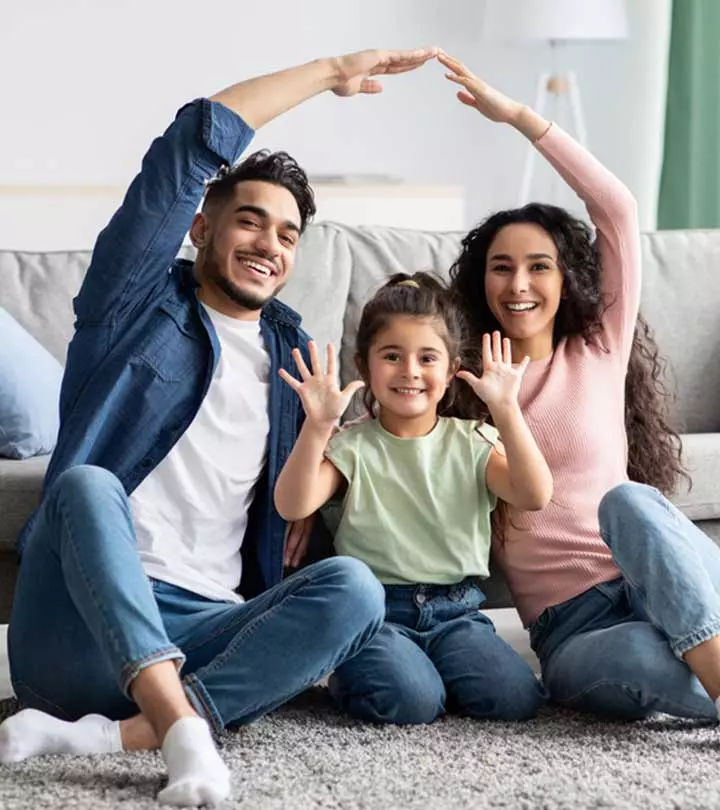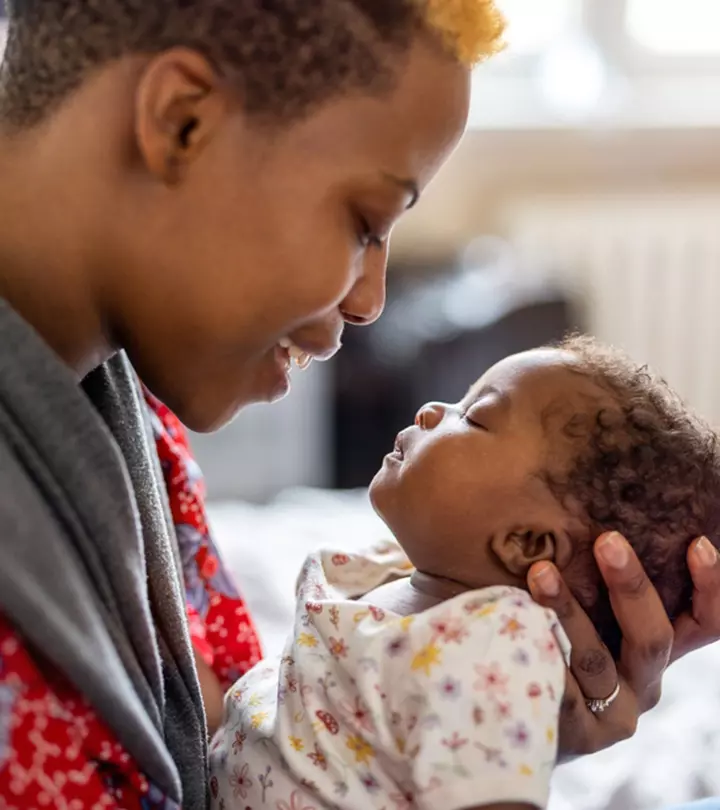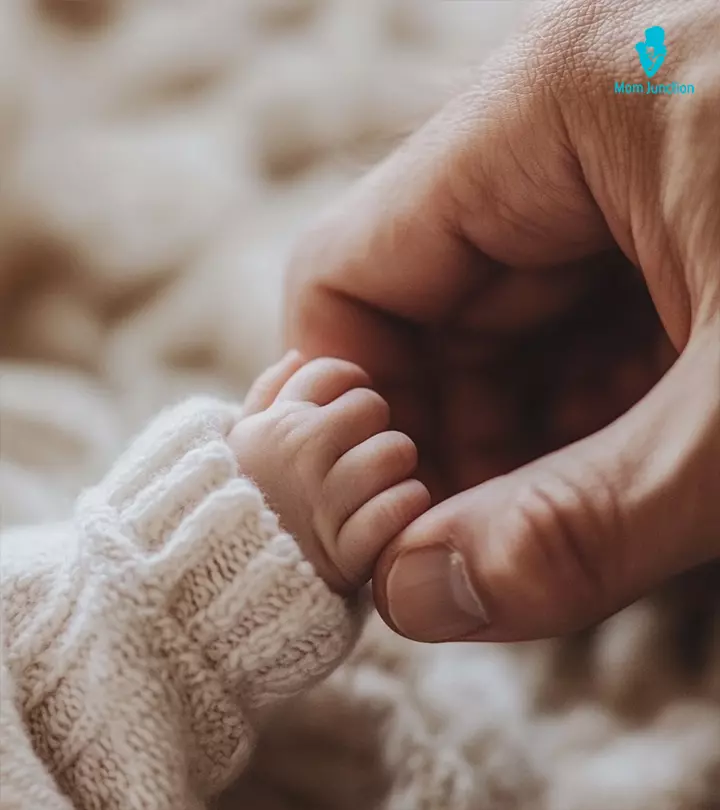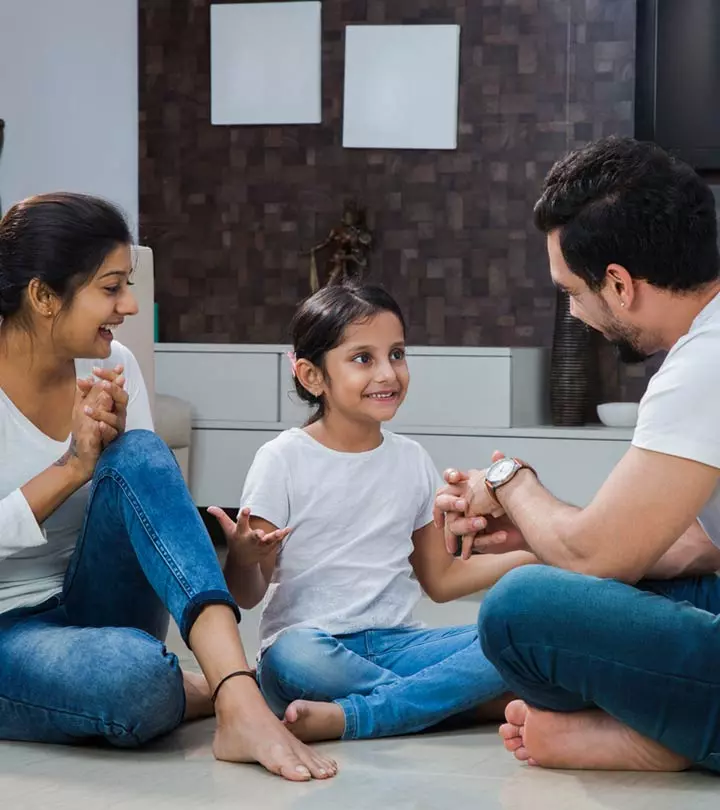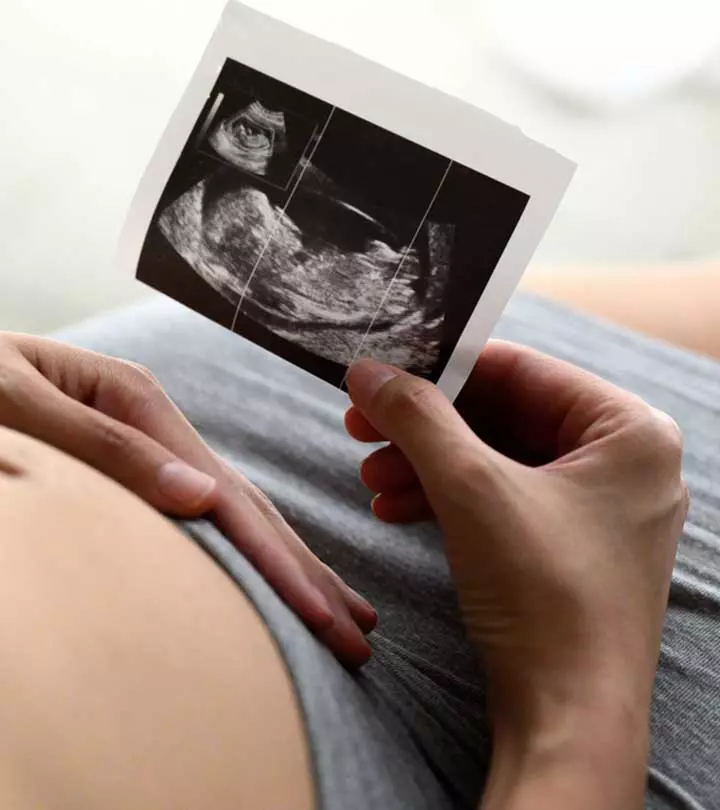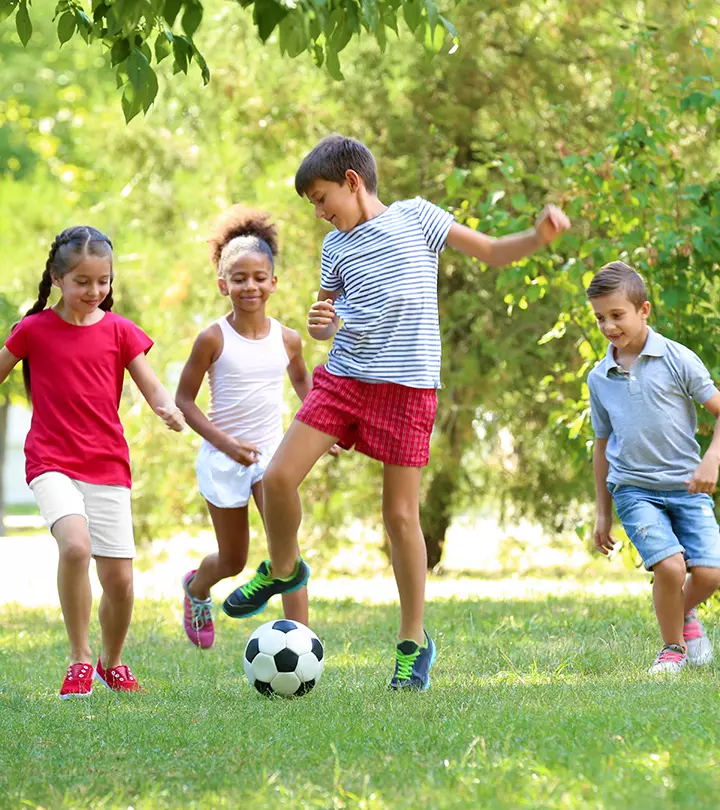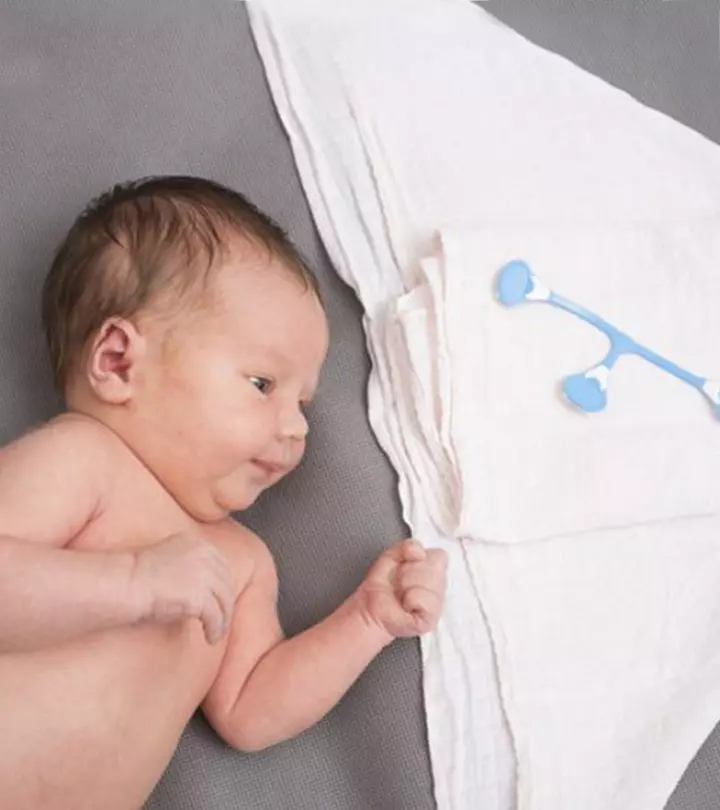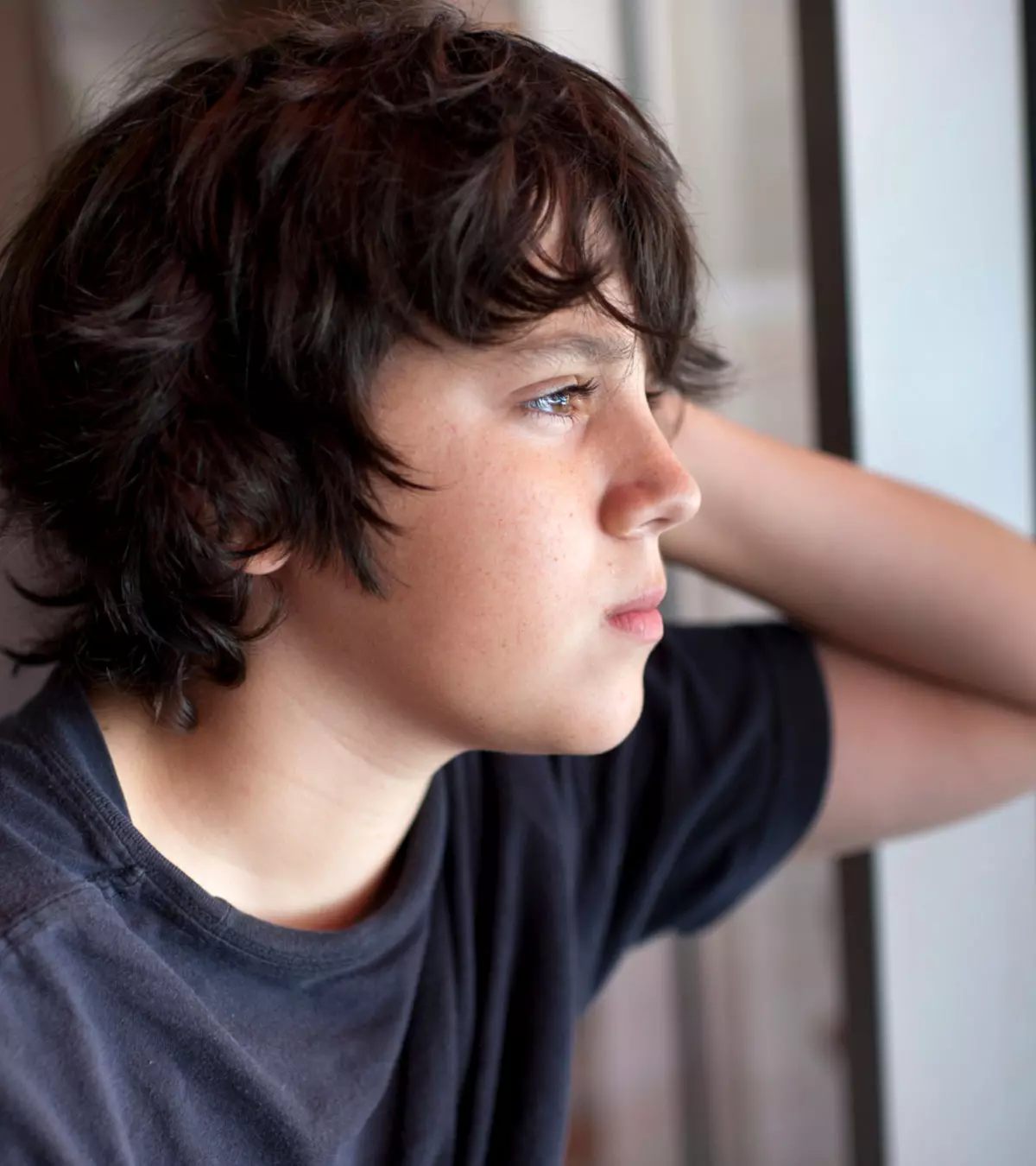
Image: iStock
Adopting a child is a big decision that one should take after thorough contemplation of factors such as the effects of adoption on children and changes in the family dynamics. Adjustment to a new family can often cause the child to develop a fear of rejection and show a decline in academic performance. While some of these effects diminish as the child adjusts and accepts their new environment, some may require parental guidance and social support. Remember, adopted children are emotionally vulnerable, so special attention and care is required to ensure their emotional well-being. So they need acute care and unconditional love to feel safe, secure, and connected with their new family.
Key Pointers
- Adopting a child is a significant decision that requires careful consideration of several factors.
- The decision is crucial not only for the adoptive parents but also for the child being adopted.
- Adjusting to a new family can be challenging for the adopted child, making them emotionally vulnerable.
- The emotional vulnerability can affect the child’s academic performance or social interactions.
- Adopted children may go through an identity crisis, which could worsen their feelings of rejection.
- Adoptive parents can support their children by creating a stable and nurturing environment.
5 Effects Of Adoption On Children
Even though adopted children receive great care and attention equal to their non-adopted siblings, certain factors may affect your dear adopted kid. Common effects of adoption on child include:
1. Poor academic performance

Image: Shutterstock
Your adopted kid may not be able to outperform their non-adopted sibling in reading, math, and academics. Several studies reveal that adoption may hamper the educational performance of the adoptees if they don’t receive proper support. However, if you take a special interest in your adoptee’s education, then your adopted child may excel in reading, math, and other academics. Encourage your child to learn and excel in academics (1).
2. The feeling of rejection
Your adopted child may feel a sense of rejection, abandonment, and a lack of belongingness at a point in their life when they would learn about their adoption. Your child may wonder what made their birth parents put them up in foster care, why they were abandoned, was anything wrong with them, or whether they were disliked. The feeling of rejection may creep in negatively in the minds of your child and they might show symptoms of adopted child syndrome. So, make your adopted child feel that they are one of the important elements of your family (2).
 Do remember
Do remember3. Mourning for their birth culture
Along with grief, your adopted child may react to the loss of their birth family with anger, numbness, anxiety, fear, and depression and mourn to learn about their birth culture. Mourning for the birth culture is more prominent in transracial adoption than in normal adoption. Your child may make an effort to learn and speak their mother tongue and learn more about the cultural identity they were born with and their linguistic heritage (3).
4. Striving for identity
Adopted kids are eager to learn more about their biological family, siblings, and relatives. If it is a closed adoption, your adopted child may have questions about their genetic heritage, such as who they are, do they resemble their father or mother, do their siblings resemble them, and who are their grandparents, cousins, aunts, and uncles. Your adopted child may wonder which social, cultural, and educational class they belonged to originally. They may bug you with questions regarding what experience they may have while staying with their biological family (3).
Research scientist and blogger, Jeffrey V Sibley, was also curious about his origins. He says, “When I was older and asked questions, I was told that my biological mother wasn’t able to take care of me so she found the best couple to be my parents. Little did I know there was more to this than a simple explanation. My biological mother was a second cousin to my adopted mother. When she found herself pregnant and my biological father had no interest in marriage, she approached my adopted mother who she knew was on a waiting list to adopt a child.”
He also observed that his qualities and attributes did not match his adoptive parents. He writes, “I noticed early on that some of my personality traits were different than either of my parents… You expect differences but fundamental things like my love for travel and adventure. My love of the outdoors. My dyslexia. My conservative approach to spending money, really being cheap. My unquenchable thirst for knowledge and curiosity to understand how and why… After meeting my biological mother, I found the source for some of those traits. Travel being one, she had traveled the world (i).”
 Point to consider
Point to consider5. Concerns about medical history

Image: Shutterstock
Your adopted kids may not be aware of their medical history. Also, you too may not have full knowledge of the medical history of your adopted child. Accurate medical history aids in finalizing the right line of treatment and understanding their developmental outcomes. Lack of medical information can be challenging as it may fail to reveal whether your adopted kid is at a high risk of suffering from any ailment due to heredity and that line of treatment will be the most effective. In such circumstances, your adopted child may wonder about her medical background (3).
Frequently Asked Questions
1. How can one lessen the negative impact of adoption?
You need to pay attention to the behavioral problems and mental health of your child to ensure they receive proper care. They should feel secure and respected in the new family. For alleviating psychological problems in adopted children, counseling may be required for better outcomes.
2. How does adoption change a child’s life?
Adoption may make self-image and attachment issues more complex in children. They gradually develop the concept of how they see themselves and how others see them, which may differ from child to child. However, they may ultimately learn to be comfortable with themselves (4).
3. What is the value of adoption?
Whether closed or open adoption, it holds unique value as it allows a child to receive the care of a family they have been otherwise denied. It is a noble opportunity for people to beautify a child’s life.
4. Is adoption traumatic for children?
Separation from a child’s birth parents is considered a traumatic event. So adopted children may experience early grief and loss, which is a trauma in at least one form (5).
Adopting a child is a big decision that one should take after thorough contemplation of factors, such as the effects of adoption on children. You should also factor in the adoption problems that may arise. Adjusting to a new family can often cause the child to develop a fear of rejection, low self-esteem, and show a decline in academic performance. While some of these effects diminish as the child is acclimatized to the new environment, others may require parental guidance and support. Remember, adopted children are emotionally vulnerable. So they need acute care and unconditional love to feel safe, secure and connected to their new family.
Infographic: Effects Of Adoption On Children
While adoption is often beautiful, some adopted children might experience untoward feelings and have trust issues. The adoptive family needs to stay alert to the signs of such feelings. Let’s look at the infographic below to learn some potential effects adoption may have on the adopted child. Illustration: Momjunction Design Team
Illustration: Common Effects Of Adoption On Children

Image: Stable Diffusion/MomJunction Design Team
Adopted children need to be treated with extra love and care. This video will help you understand the unique needs of adopted children. Learn how to provide the love and support they need to grow.
Personal Experience: Source
MomJunction articles include first-hand experiences to provide you with better insights through real-life narratives. Here are the sources of personal accounts referenced in this article.
i. Adoption — my experiences.https://medium.com/illumination/adoption-my-experiences-3a5e190a550f
References
- National Survey of Adoptive Parents: Benchmark Estimates of School Performance and Family Relationship Quality for Adopted Children.
https://aspe.hhs.gov/reports/national-survey-adoptive-parents-benchmark-estimates-school-performance-family-relationship-quality-0 - Helping Adopted Children Cope With Grief and Loss.
https://www.childwelfare.gov/topics/permanency/adoption/ - Aurélie Harf et al. (2015); Cultural Identity and Internationally Adopted Children: Qualitative Approach to Parental Representations.
https://www.ncbi.nlm.nih.gov/pmc/articles/PMC4361487/ - Understanding adoption: A developmental approach.
https://www.ncbi.nlm.nih.gov/pmc/articles/PMC2804559/# - Can an Adopted Newborn Have Adoption-Related Trauma?
https://adoption.org/can-adopted-newborn-adoption-related-trauma#
Community Experiences
Join the conversation and become a part of our nurturing community! Share your stories, experiences, and insights to connect with fellow parents.
Read full bio of Dr. Carlos Juan Carmona-Goyena
Read full bio of Kalpana M
Read full bio of Rebecca Malachi
Read full bio of Apoorva K








